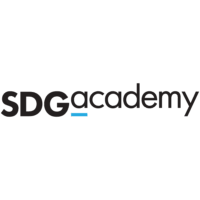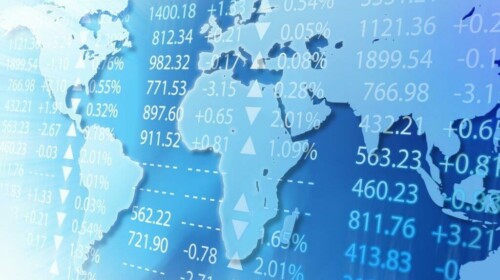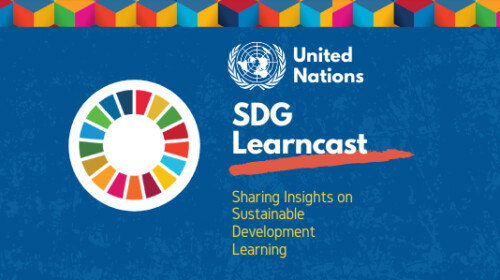Unemployment. Inflation. Protectionism. Economic bubble. Debt. Fiscal deficit. These are not just terms in an economics textbook; these are real-life challenges that are dominating the media and that carry major societal implications. We are more interconnected and interdependent than ever before in history, and in the 21st century, the thoughtful study of macroeconomics needs to consider another crucial factor: sustainable development. Traditionally considered externalities or by-products of the global economic engine, environmental degradation and the erosion of social capital have a drastic and direct effect on the capacity of the planet to thrive economically. Macroeconomics for a Sustainable Planet is an exploration of traditional macroeconomic principles and tools updated for the age of sustainable development and the current wave of globalization.
This course explores the different macroeconomic "pathologies" at play in the modern day global economy, drawing from the lessons and experiences of the past and incorporating the significant biophysical pressures facing the planet today. Is a thriving global economy possible in an equitable and environmentally thoughtful way?
Transcripts available in: English, Русский.
Download SyllabusTarget Audience
Graduate students and advanced undergraduate students studying international development, economics and/or sustainable development, economists, sustainable development practitioners and private-sector actors
Learning Objectives
- GDP and well-being: How do we measure progress? Are those measures enough?
- The changing labor market: digitization, unemployment trends, and the minimum wage.
- Sustainable investment principles.
- Theories of business investment and how these relate to consumption and saving.
- New economic principles which internalize social capital and environmental impact.








